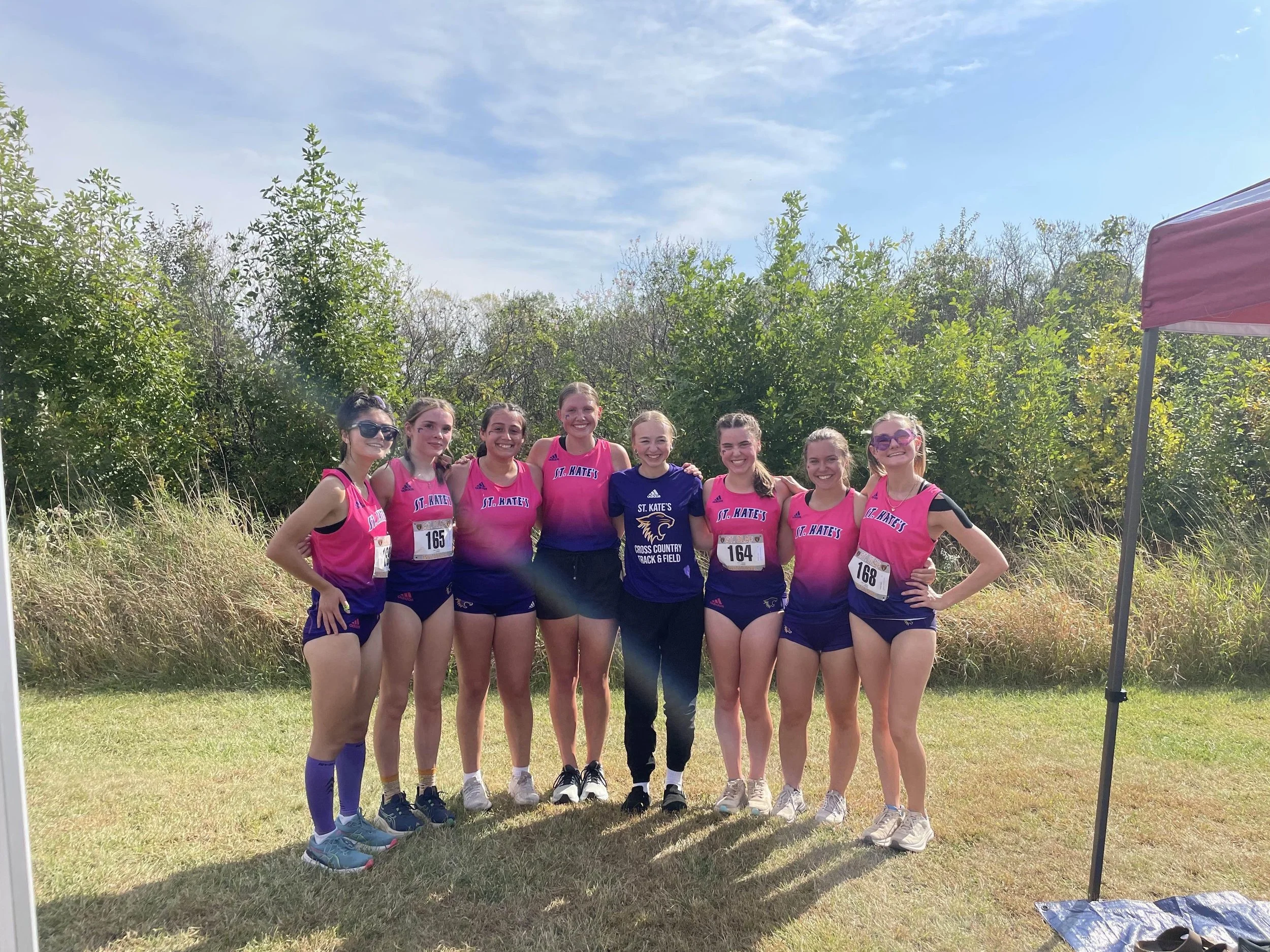Student Identity & Justice
By Rayan Abdulkadir
At the ripe age of 14 I was exposed to a world of activism via Instagram timelines, Twitter, Snapchat, even tumblr. My eyes grew wide as I saw young women chanting through megaphones and protesting in their local communities for issues that mattered. I posted quotes and educational slideshows. I attended conferences and served as a board member in a variety of different DEI positions, which I loved, until I didn’t. Administration was asking me questions that I felt deserved a higher pay in order to answer, and my pay at the time was 0 dollars per hour. I was getting paid in additional assignments, mansplaining and disrespect of my ideas despite the need for my “ diverse, young activist perspective.”
I grew tired of attending meetings where no one listened, my young hands riddled with carpal tunnel from the intense email wars I fought in each week, my eyes weary from the blue light of my computer. My voice became quieter, and then silent.
Like any University, we face issues and encounter controversy, and sometimes I think it feels the same. Board meetings, committee meetings, petitions, email battles. How much is really being heard? This greater plot of change is being muddied by Google Meet links and academic words. It is simple to me. My heart guides me. If people are being hurt and we have the capacity to create change, then we should. Regardless of how complicated it may seem. Issues themselves are complicated, but love and listening are not. We are becoming tainted by rules and regulations rather than responding to a greater issue, which is pain. As students and faculty we have a responsibility to each other, and to the world around us to take issues head on, and face them with the greatest amount of love possible. Reconciling the identity between student and activist is difficult, but it will never be more difficult than the issues I may be advocating for.
I used to take great pride in my work, community organizing, board positions, and committees, but my passion now has dwindled. It has turned into anguish, anger and affliction. Why do I deserve to take these positions with happiness while those I'm fighting for are in pain? These two identities are important to me, but they are just as conflicting.
With this article I hope I honor the students in the St. Catherine University community, by reminding them that they are seen, and more importantly, embodying the University values by engaging in social justice-centered change. I encourage both students and faculty reading this article to reevaluate where their hearts lie, engage in self reflection and look at the reason why they engage in the work they do. When we lack compassion for ourselves, it only creates a further lack of action for the issues we wish to take on.






